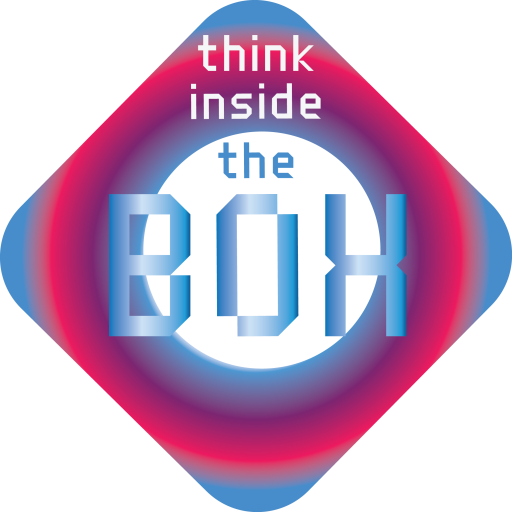Context & Background
Why we initiated this project
The observatory report published in December 2018 by SCIENTIX, the community for science education in Europe, revealed that the most popular pedagogical approach among STEM subject teachers remains traditional direct instruction. The application of new methods can be a challenge to many teachers. Even if they are motivated to adopt student-centered teaching strategies such as Problem- and Project-Based learning (PBL) and Inquiry-Based Science Education (IBSE), lack of knowledge, skills and tools hinders their implementation. Our project addresses this problem, at the same time responding to the needs of pupils to receive engaging and motivating technological experiences at school.
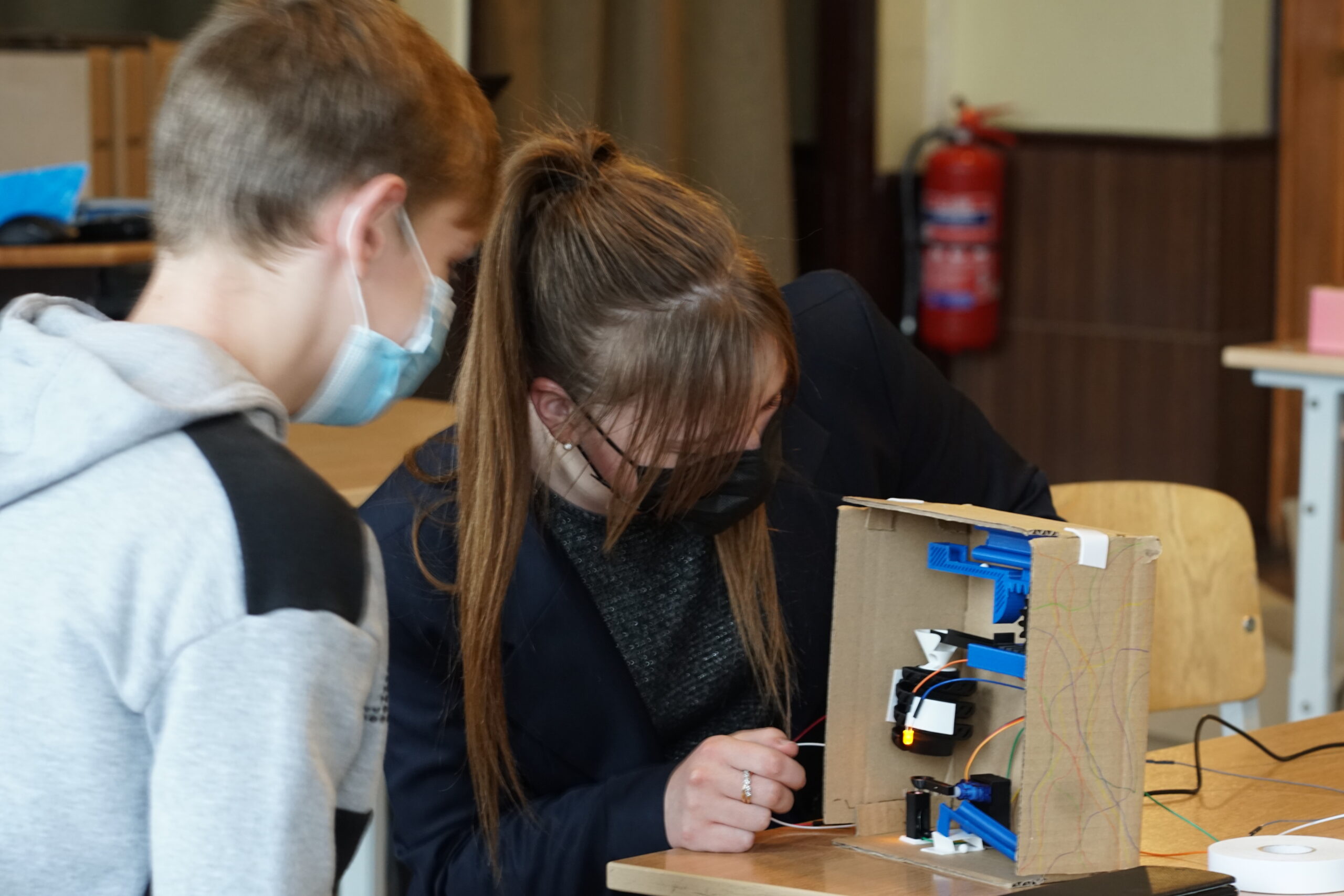
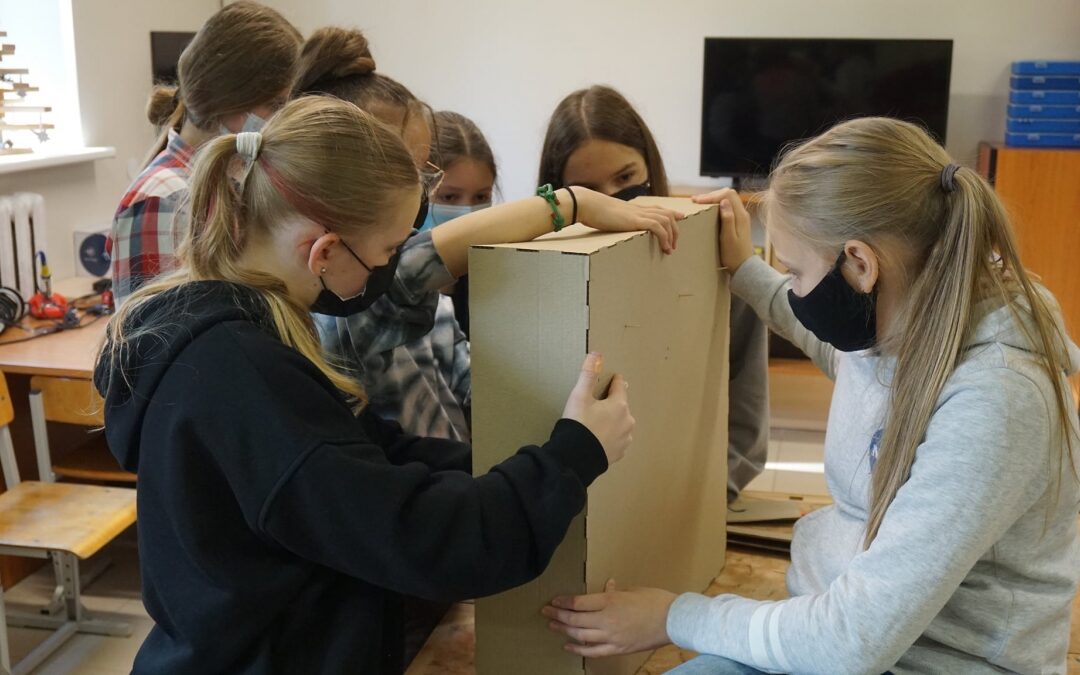
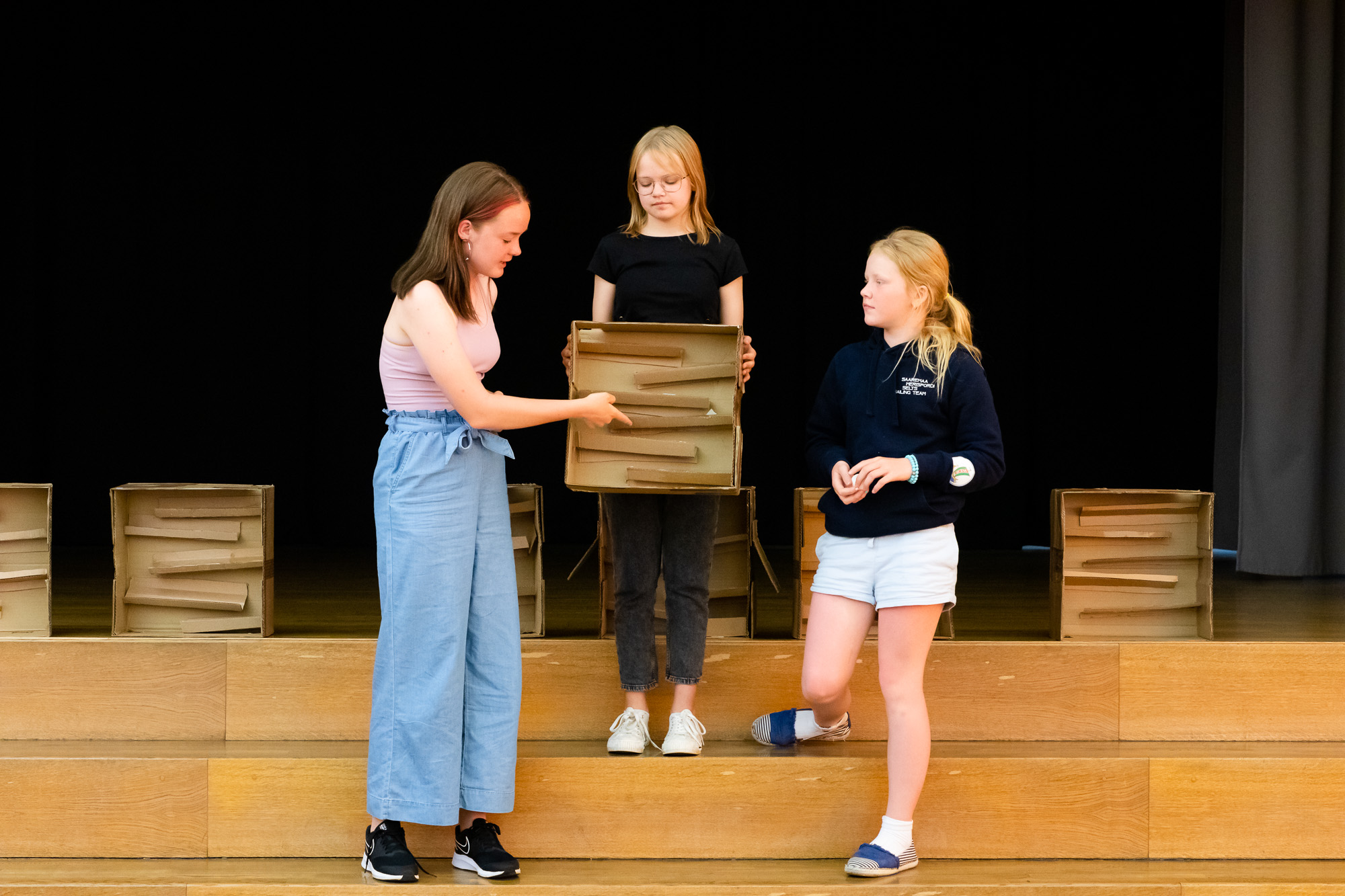
The goal of the project
The partnership within the project comprises 5 schools from Lithuania, Estonia and Romania, representing formal and non-formal education sectors. The project is carried out internationally to ensure that the produced intellectual output matches different educational systems, teacher experience levels and STEAM education practices.
The partner consortium has set a goal to stimulate the mindset of an inventor among pupils and to develop teachers’ confidences in delivering STEAM activities by offering an innovative Think Inside The Box methodology to respond to the lack of interest and skill level in science, technology, engineering, arts and mathematics.
The project is a chance for the students to experience the essence of robotics: a combination of mechanics, programming and electronics in an exciting and creative way. The technological tools used for the students’ projects are real engineering tools and not simulations. The students get to understand how the real robotics functions and that it is not as difficult as it may seem.
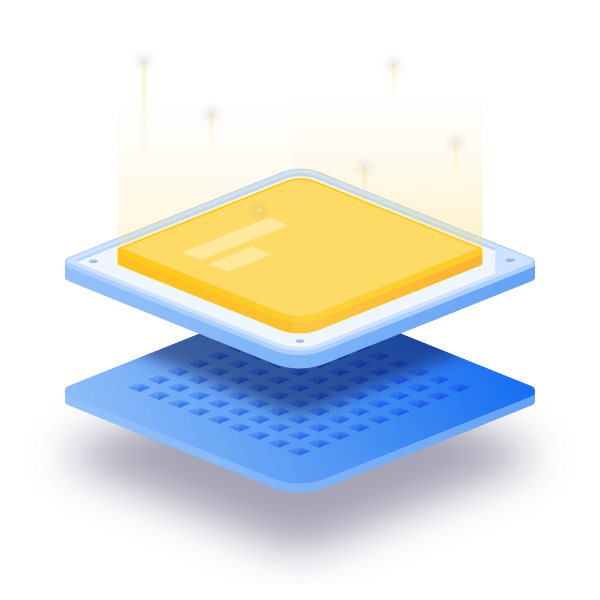
Activities of the project
Development of the methodology
A concise methodological toolkit for teachers was developed. It provides a complete and validated methodology for organizing and facilitating Think Inside the Box hackathons for their students, available at Moodle-based platform play.gaminu.eu. Two different hackathon concepts are offered: one for younger (grades 5-8) and one for elder (grades 9-12) or more experienced students.
The toolkit comprises numerous components for the teachers’ convenience: methodological guidelines with recommendations and good practice examples, slide presentations to be used in the classroom, educational videos, downloadable files, supplementary materials about how the challenge for the students could be expanded further, etc.
Teacher training
The purpose of the joint staff learning/teaching/training activity was to train the teachers from partner schools to be able to implement the Think Inside The Box methodology with their students and later pass this knowledge to other teachers from local and regional schools. The online training programme consisted of 8 learning sessions and 2 consultations distributed in the time period between April and June 2021, a total of 24 academic units. 37 teachers from Lithuania, Romania and Estonia participated in the programme. The results of the training evaluation survey indicated that after the training most of the participants felt either very well or well familiar with different aspects of the Box event methodology.
Piloting at partner schools
The next activity was the internal testing of the methodology with target group learners. More than 20 teachers and 300 target group pupils were involved in methodology testing activities at partner schools. A goal of these activities was to collect structured feedback from teachers and learners about the quality of the methodology. Based on feedback, the methodological materials were upgraded and prepared for the external piloting.
Piloting at non-partner schools
More than 60 teachers and 1100 target group students from 28 non-partner schools were involved in the external piloting of the methodology. This way, the project’s objective to engage elementary and secondary pupils in exciting technological activities in their school were met. The second round of testing allowed us to evaluate the effectiveness of the methodology in a wider context and upgrade the product accordingly.
Research
A survey was carried out in partner and non-partner schools to provide feedback for the improvement of the methodological toolkit. Developing the tools for evaluation, collecting structured feedback during piloting activities, analysing skill development and updating the product accordingly led to a quality intellectual output, beneficial for many stakeholders in the school education sector.
Dissemination
Three multiplier events in each partner country gathering more than 100 learners, educators, school authorities, policy makers, industry representatives, and wide publishing of the project’s activities were implemented in order to spread the message about the exciting STEAM activities of this project and to encourage other teachers to use the methodology with students in and outside partner countries.
intellectual output


Methodological toolkit
The methodology empowers pupils to move beyond the textbook and explore data, knowledge and experiences through collaborative activities in a direct way.

Research instruments
Produced survey tools are suitable for methodology end-users as skill evaluation instruments. Appropriate reflection methods are of the methodological guidelines.

Educational videos
Video materials from both piloting phases are available on the project’s Youtube channel for learners and teachers as an additional educational recourse.
contact us
